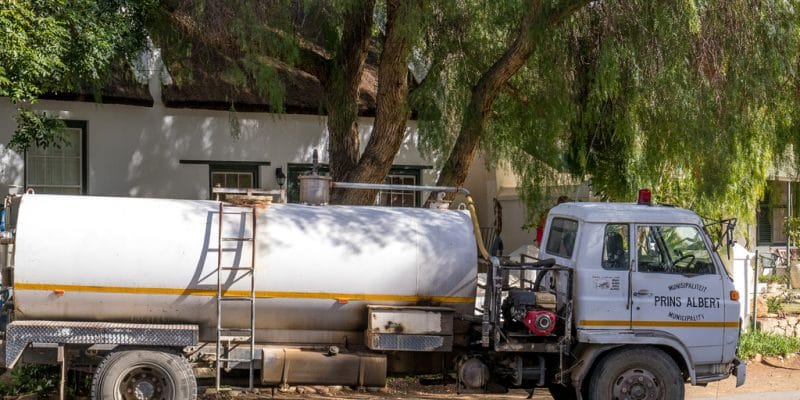In Ivory Coast, the Municipal Water, Sanitation and Hygiene in West Africa (MuniWASH) project will be implemented in the capital Yamoussoukro with the almost completed construction of a sewage sludge treatment plant.
After the Ivorian commune of Abengourou, it is now the turn of the capital Yamoussoukro to benefit from water and sanitation infrastructures within the framework of the Municipal Water, Sanitation and Hygiene in West Africa (MuniWASH) project. This second phase in Ivory Coast involves the construction of a sewage sludge treatment plant on the Yamoussoukro-Oume axis, located 216 kilometres from the urban centre of Abidjan.
The installation, financed by the United States Agency for Development (USAID), will improve hygiene services for the local population. “For the sanitation market to progress, the authorities must get involved in raising awareness among the population to build adaptable and drainable toilets,” pleaded Emmanuel Kouassi, the country director of the Muni-WASH project in Ivory Coast, during a recent training session for very small enterprises (VSEs) in the water-hygiene-sanitation sector in Yamoussoukro.
A regional project
In 2020, the communes of Abengourou, Abobo, Bouaké, Gagnoa, San Pedro, Soubré and Yopougon benefited from access to safe water and sanitation through the official launch of the MuniWASH project in Ivory Coast.
In Benin, the project is also being implemented in eight councils including Abomey-Calavi, Aplahoué, Bohicon, Sô Ava and Cotonou. The work is being carried out by the American engineering company Tetra Tech, in partnership with the African Water Association (AfWA).
Read also-
According to its regional director Safaa Fakorede, the MuniWASH project will end in 2024 after contributing to the improvement of governance and management of water and sanitation projects by municipal authorities, with a view to accelerating the implementation of the Sustainable Development Goals (SDGs) in West Africa.
Benoit-Ivan Wansi





